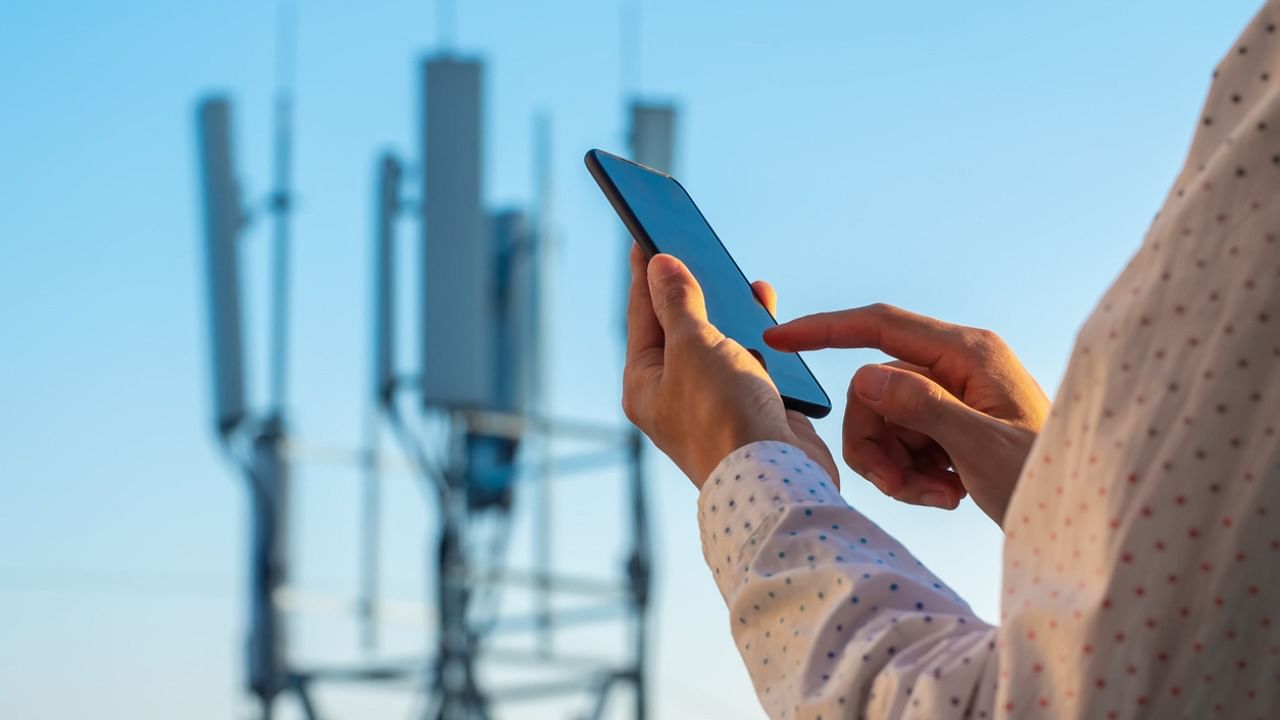
With Vodafone Idea Ltd (VIL) facing a severe crisis due to huge debt, the Government is planning to set up a high-level official committee to look into the telecom industry's problems.
The Department of Telecom is also planning to hire an external agency to study how a relief package could be given to bailout the industry from the crisis. Earlier in the day, Revenue Secretary Tarun Bajaj said the central government will find a solution to the issue of telecom dues.
Any decision on giving a moratorium to telecom firms from paying adjusted gross revenue (AGR)-related dues, the Finance Ministry approval is required. So the DoT is consulting with the Finance Ministry, sources in the DoT said.
Lenders led by the State Bank of India (SBI) suggested to the Department of Telecommunications (DoT) that converting the debt of VIL into equity could be an option to resolve the crisis temporarily.
In a meeting of bank officials convened by the DoT to discuss the stress in the telecom sector, lenders told senior DoT officials that conversion of VIL's debt into equity is an option though it is not a sustainable one. Capital infusion by promoters is the best option in the given scenario, sources said quoting bankers.
Since VIL had not defaulted on its debts so far, leaders cannot take any action yet, bankers said in the meeting.
The Supreme Court last month ordered on the adjusted gross revenue (AGR)-related dues payable by telecom majors, including Vodafone Idea and Bharti Airtel. The apex court has given a time period of 10 years to telecom service providers struggling to pay Rs 93,520 crore of AGR-related dues to clear their outstanding amount to the government.
Banks have used the option of converting debt into equity in many stress cases in the past.
The UK-based Vodafone has a 45 per cent stake while Aditya Birla Group owns a 27 per cent stake in VIL.
If Vodafone collapses, lenders, both public and private, stare at a loss of Rs 1.8 lakh crore. A large part of the loans to the lender is in the form of guarantees with public sector banks having a lion's share of the debt.
Among the private sector lenders, Yes Bank and IDFC First Bank may be impacted the most. As a precursor, some private lenders with a funded exposure have already started making provisions.
According to official data, VIL had an AGR liability of Rs 58,254 crore out of which the company has paid Rs 7,854.37 crore and Rs 50,399.63 crore is outstanding.
The company's gross debt, excluding lease liabilities, stood at Rs 1,80,310 crore as of March 31, 2021. The amount included deferred spectrum payment obligations of Rs 96,270 crore and debt from banks and financial institutions of Rs 23,080 crore apart from the AGR liability.
